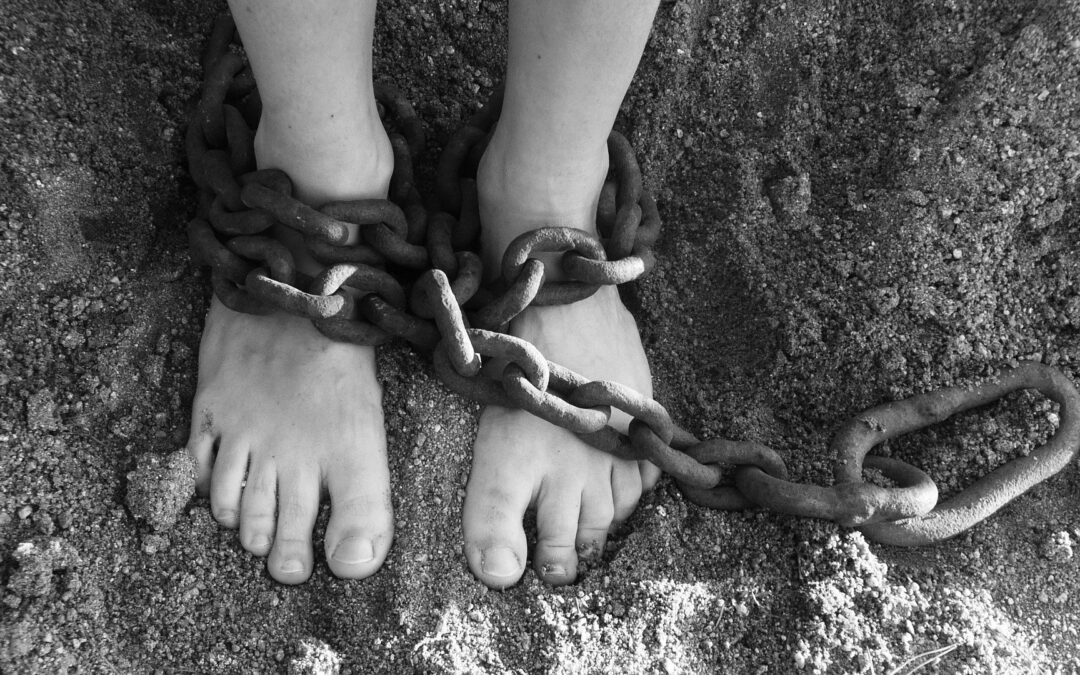Council of the Baltic Sea States Task Force against Trafficking in Human Beings
The Council of the Baltic Sea States (hereinafter – CBSS) Task Force against Trafficking in Human Beings (hereinafter – Task Force) Strategic Plan for 2020-2025 is a guiding instrument assisting the CBSS Member States in their joint efforts to counteract all forms of trafficking in human beings in the Baltic Sea Region…
Addressing trafficking for labour exploitation, particularly exploitation in the supply chains
Human trafficking for labour exploitation has become increasingly prevalent in the Baltic Sea Region. In fact, in some member states like Finland, Iceland, Latvia, Lithuania, and Poland, labor exploitation is equally common or even more common than sexual exploitation. Although the institutional and policy framework in the countries of the Baltic Sea Region is gradually changing to include all forms of human trafficking, many service providers are still specialized to deal with female victims of trafficking for sexual exploitation. Despite the growing number of victims of labor exploitation, widespread impunity surrounds this phenomenon. The number of prosecutions and convictions in the Baltic Sea Region remains low and does not align with the number of identified victims.
Trafficking for labor exploitation does not happen in isolation but is rather closely related to developments in the economy, labour markets, and society at large. It is driven by common market factors and business processes, which are closely associated with inadequate regulatory oversight of exploitation in supply chains.
Globalisation of supply chains, as companies site production in lower cost countries and areas and as workers migrate for better economic opportunities, has created a vulnerable workforce around the world. This is particularly true lower down in supply chains where there are weaker labour rights and less visibility which combined makes forced labour and human trafficking more likely to occur. Businesses, governments and consumer demands within the CBSS region are all part of and intertwined in these global supply chains. As such there is not only ethical reasons to address these challenges, but also real opportunities to reduce trafficking and labour exploitation in global supply chains. More targeted attention should be given also in the CBSS region for the ethical consumption as a way to prevent THB.
Trafficking for labour exploitation, however, also takes place in less complex supply chains within the CBSS region. Several countries have faced a number of new challenges in connection with the use of migrant labour and sub-contracting which has led to working conditions ranging from sub-standard to exploitative. Industries where many unskilled and relatively low-wage foreigners are employed are particularly at risk.
The Task Force will take measures to address the demand for labour exploitation. Increasing public awareness and improving overall policy response to labour trafficking is required.
The Task Force will focus on reducing the risks of labour exploitation and human trafficking in supply chains, both within the region and beyond, and new effective measures to prevent and counter trafficking in supply chains will be explored. This involves looking into new analytical, policy and legal frameworks linked to business and human rights, due diligence, responsible business labour standard compliance, grievance and remedy mechanisms, ethical production and consumption etc. Efforts to address trafficking in supply chains rely on establishing and strengthening business and government partnerships and identifying practical and effective measures for businesses and consumers at all levels…
Focusing on public procurement to prevent trafficking and forced labour
Public procurement has increasingly been recognised as means for states to fulfil their human rights obligations and to help prevent human rights abuses – including human trafficking and forced labour – from occurring within global and Baltic Sea regional supply chains. Such requirements can also be a crucial part of human rights protection and trafficking prevention measures where public services are contracted out to the private sector. Governments can promote responsible business and due diligence to prevent trafficking and forced labour by leading by example, including through ethical public procurement. This can have a positive trickle-down effect on the private sector and be a powerful lever for governments to guide business behaviour and support good practice on responsible business conduct including due diligence.
The Task Force will explore effective measures to prevent and reduce trafficking and forced labour through responsible public procurement within the Baltic Sea region.



Recent Comments